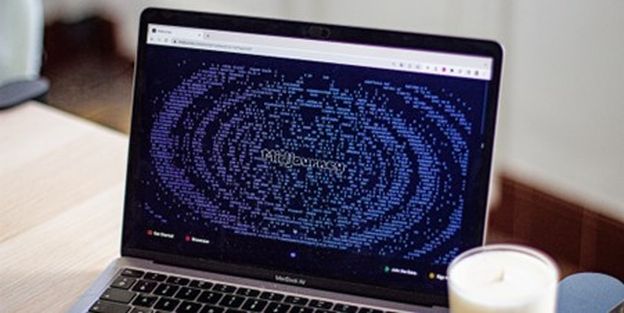It's practically impossible to escape artificial intelligence ("AI") these days, and the appreciation of the overlap between AI, intellectual property (IP) and personality rights (image rights) is growing.

Photo credit: Unsplash
Why some celebrities are embracing AI deepfakes
It hasn't taken long for the expression "deepfakes" to become established. Ian Sample writing for The Guardian describes "deepfakes" as the "The 21st century's answer to Photoshopping". Deepfakes are created using AI to create images of fake events, overlay facial features on actors in videos and create "voice skins". According to an article published by the BBC, deepfakes are becoming accepted and apparently even adopted by many celebrities.
The Singaporean actress, Jamie Yeo, is reported to not have a problem with being deep-faked and rather embraces it The BBC reports that Yeo agreed with a financial technology firm, Hugosave, to use a digitally manipulated likeness of hers in its content. All that's required of Yeo is a few hours of capturing her face, movements and voice.
Similarly, footballer Lionel Messi has allowed Pepsico to use a deepfake version of himself to sell LAY'S branded crisps. One of the consequences of this is that Messi (not renowned for his language skills) can now send messages to his fans in Spanish, English, Portuguese and Turkish.
It's predicted that deepfakes will become the norm. According to the BBC report, Yeo said that "having this technology available means we can literally produce hundreds of videos in a matter of days. Compare that to the months, if not years, that we'd need if we were filming the content in the traditional way." She adds that it's easy money – "you're not doing that much work for the money you're charging".
Concerns about the effect that AI will have on the livelihoods of actors have already led to strikes. Fran Drescher, speaking on behalf of the Screen Actors Guild-American Federation of Television and Radio Artists (SAG-AFTRA), declared that "artificial intelligence poses an existential threat to creative professions, and all actors and performers deserve contract language that protects them from having their identity and talent exploited without consent and pay."
Yeo, on the other hand, says that even if people don't like the new AI world, they are going to have to learn to deal with it. According to the BBC report, she said "If you want to still be in the game, then you've got to learn how to be in it. Because if you don't you should probably just retire."
As written about extensively, there are serious concerns about IP ownership and infringement. With deep fakes, the discussion has to extend beyond IP though, to the protection of personality rights and how those can be protected more robustly – both for commercial gain and to enhance enforcement thereof.
New AI systems collide with copyright law
Various people and entities are taking action against the open-access generative AI company Stability AI. As the BBC reported, one such entity is Getty Images, which alleges that Stability AI has copied and processed some 12 million of the company's images without consent.
Various people and groups have banded together to establish the European Guild for Artificial Intelligence Regulation, a wonderfully old-school name for a group of people who are not enamoured with AI (perhaps they should have asked a generative AI language model to suggest a more creative name...). Their goal: "To create legislation and regulation to protect copyright holders and artists from predatory AI companies."
One of the responses to the use of works to train AI models is the creation of tools such as Glaze. Glaze is a free software that has apparently proven to be very successful. It is reported that "when artists glaze their art, and that art is then used to train a model to mimic then the model sees an incorrect representation of the art style, and its mimicry would be useless and not match the artists."
Autonomous AI-generated artwork cannot be copyrighted, judge rules – Rolling Stone
Finally some actual law. In a recent US case related to the computer scientist Stephen Thaler, a judge has ruled that artwork created "solely" by artificial intelligence cannot be copyrighted because "human authorship is an essential part of a valid copyright claim".
The judge said further that "the act of human creation — and how to best encourage human individuals to engage in that creation, and thereby promote science and the useful arts — was thus central to American copyright from its very inception."
Just for the record, this article was created by a human being... AI – it really is a hot topic.
The content of this article is intended to provide a general guide to the subject matter. Specialist advice should be sought about your specific circumstances.

